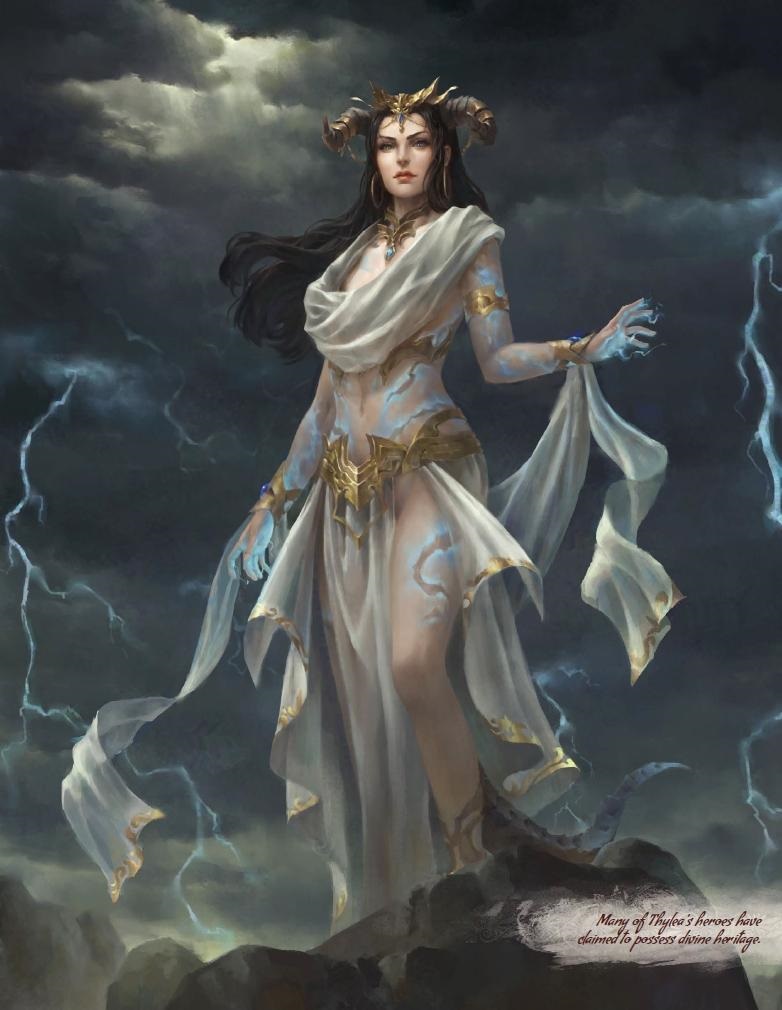
References to campaign clerics, or adventurers, "worshipping" or observing deities contained in this book are, at best, scattershot. While the supplement contained different mythologies that we would later see in Deities & Demigods, it did not divide the various deities, monsters and heroes into types in addition, it rarely touches on the issue of worship. This is our last attempt to delineate the absurdity of 40+ level characters." Luckily, this volume completely ended the Monty Ha(u)l campaign! ahem Perhaps now some of the ‘giveaway’ campaigns will look as foolish as they truly are. Enjoyably, the introduction (by Tim Kask) stated "This volume is something else, also: our last attempt to reach the “Monty Hall” DM’s. The last OD&D supplement was Gods, Demi-Gods, & Heroes, by Robert Juntz and James Ward. " The reminder of the supplement does not mention gods or deities.īonus Fun Fact: While AD&D went on to have the notorious elf/spirit/resurrection restriction, OD&D allows humans, dwarves and elves to be raised. Notably, they were presented primarily as being just a cross between the other two classes, with the introduction for them stating, "Clerics gain some of the advantages from both of the other two classes (Fighting-Men and Magic-Users). although in keeping with the naming convention, perhaps Deity Person would have been more appropriate?). When OD&D first came out, the Cleric was introduced as one of the three original classes (Fighting Man, Magic User, Cleric. This reminded me of the classic play in D&D, and more specifically, the delineation between Demigods, Lesser Gods, and Greater Gods. So in Theros, more than any other plane, devotion from mortals provides the gods with their divine power. That drives some of their behavior, quests, and schemes. They don't realize that – but the gods do and often resent it. The people of Theros have dreamed the gods into existence and their belief keeps them alive. In Theros, belief and dreams can become real over time. More importantly, the gods need followers. They squabble with each other, using people and monsters as pawns.


They aren't directly acting in the realms, or even indirectly for the most part. In Forgotten Realms, 5th Edition D&D's default setting, gods exist – they power clerics and paladins – but they've taken a step back. I don't think to have the blood of the pharoahs lure monsters, so the monsters lured will only be lured bc if your godly side? but again, if your egyptian is stronger, you'd lure less monsters than an average demigod.I truly enjoyed the recent, excellent review of the new Mythic Odysseys of Theros that can be found here. Hmm im not sure on this one, but im leaning towards no. It comes down to preference and type of powers they're having imo, if your greek/roman side is stronger than your egyptian, you'd attend camp half-blood/jupiter and vice versa Would they attract more monsters then usual (or what counts as usual for a demigod / magician)? If there was one, where would they be? Camp Halfblood, Camp Jupiter, or Brooklyn House? Other than that, the child will be pretty powerful having the blood of the pharoahs and a god/goddess. It's honestly an awesome idea, until of course, the above user here mentioned, the idea has to be executed carefully.


 0 kommentar(er)
0 kommentar(er)
